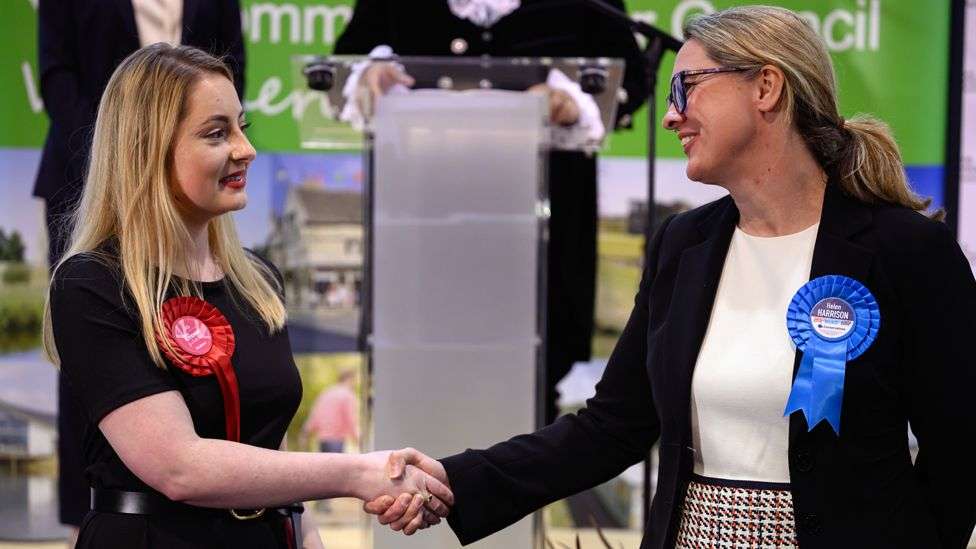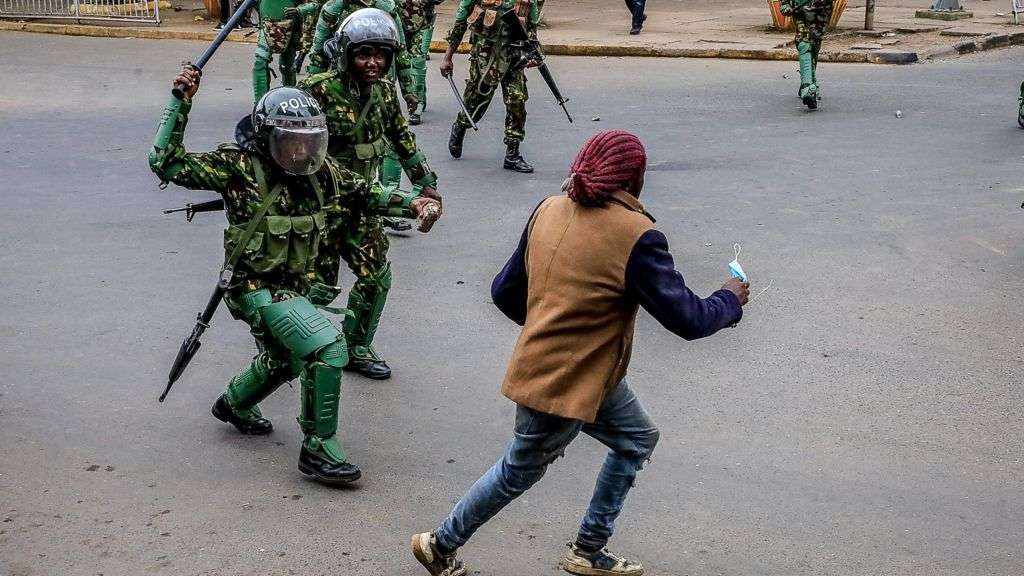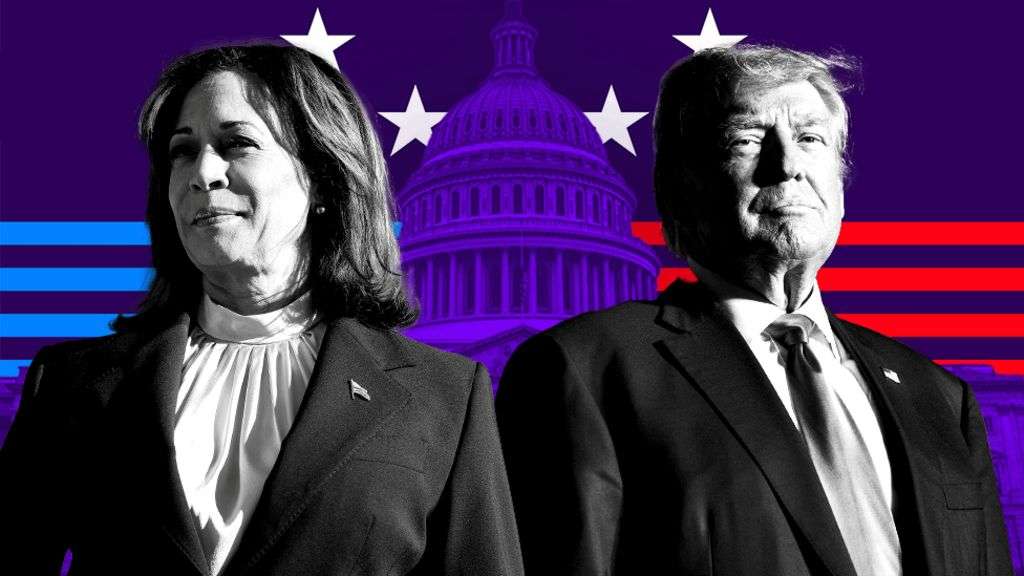It's probably raining. It's cold. The sofa is comfy. It's
been a long day and the polling station feels like miles away.
Behind the huge headlines of Labour's victories and the
Conservatives' by-election thumpings, it's worth paying attention to voters'
instinct - not to choose one party or another, but to stay at home.
The two contests this week in Kingswood and Wellingborough
have one important thing in common. In both places, the rise in Labour's share
of the vote was dwarfed by the fall in support for the Tories.
In other words, the headline of Labour pummelling the
Conservatives doesn't account for voters who chose neither of the big parties -
or crucially those who chose to stay cosy at home. It is as much about
Conservative voters sitting on their hands as it is them transferring to
Labour.
There is important evidence about the appeal of Reform UK,
who have strong ambitions, whether or not Nigel Farage ever concludes his game
of footsie.
But the big parties need also to look at those whose ballot
might be "none of the above". One former cabinet minister claims
there is "zero appetite for switching to [Sir Keir] Starmer, but our
voters are deeply, profoundly switched off".
And the former party leader, Lord Howard, writes this
morning that "hordes" of Tory voters stayed at home.
These results are truly dreadful for Downing Street. The
spin that these are "mid-term elections" doesn't wash. We are already
in the warm up to a general election, which is probably about eight months
away. This is not a mid-term government. This isn't a slap on the wrist - it is
latest in a line of kickings for the Conservatives as the moment of reckoning
gets closer and closer.
Tory gloom deepens after double poll blow
By-elections leave Tories 'with mountain to climb'
Job not done despite huge poll wins, says Starmer
Rishi Sunak's team originally believed by now they would
have narrowed the gap. Definitively, that has not happened.
The mood in the Conservative Party is not just bleak but
strangely apathetic, accepting of a defeat most believe is coming. One senior
Tory told me: "It's weird, one of the most competitive bunch of people in
the country is already accepting annihilation."
There was more evidence, as we found in our Britain in a
Room focus groups a few weeks ago, that voters aren't rushing gleefully towards
the Labour party.
But that should be little comfort to Conservatives. These by
elections, just like months and months of polling, demonstrate their voters
abandoning them in droves, however many resets Rishi Sunak tries. The keys to
No 10 are dangling in front of Starmer.
There is a simple logic then to what a senior Tory source
describes as their "number one job", to get the Conservative voters
from 2019 to turn out.
"We have to show them there is something worth it… if
they don't feel that, they will follow through on their disengagement and stay
at home," the source says.
It's wrong to pretend people's behaviour at by-elections
will be exactly the same as in a general election - but they are important
hints. And it won't have escaped the parties' notice that the number of people
bothering to vote was lower than other recent contests in Mid Bedfordshire,
Somerton and Frome, and Selby and Ainsty.
The importance of what you might call the sofa vote - where
members of the public choose just to stay at home - is often underplayed.
The narrative of New Labour's fairy-tale victory of 1997
doesn't always include the role of turnout. One Tory campaigner from the time
says there was a "toxic combination of switchers and stay at homes".
They recall that "for every ten doors you knocked on of
Tory voters, you probably had three or four direct switchers and two or three
who were just not going to vote".
Yes, the New Labour project was staggeringly successful. But
if you are in the market for obscure political facts (I know you are), it's
John Major, not Tony Blair, who holds the record for the biggest number of
actual votes ever, in 1992 - just over 14 million, compared to around 13.5
million for Blair in 1997, when turnout dropped.
The full story of the incredible Blair victory should
include Conservative voters who didn't much fancy him, but didn't feel their
natural party was worth defending, and so didn't bother.
And if you really love these facts - on average, around
9,000 fewer people turned out in Labour seats in 1997 than Conservative ones.
That was partly because their constituencies tended to be smaller, but turnout
was significantly lower too. If it looked like Labour had a chance of taking a
seat, lots of Tory voters chose to stay at home and let it happen.
People decide where to put their cross on the ballot paper
for all sorts of reasons. Recession. The deep unhappiness in the Tory Party. A
local MP standing down, which might be a huge factor this time with dozens and
dozens of Conservatives going - a tally that's likely to increase (a very
important story for another time).
But the decision not to cast a ballot is also a choice.
A sofa vote matters massively too.








